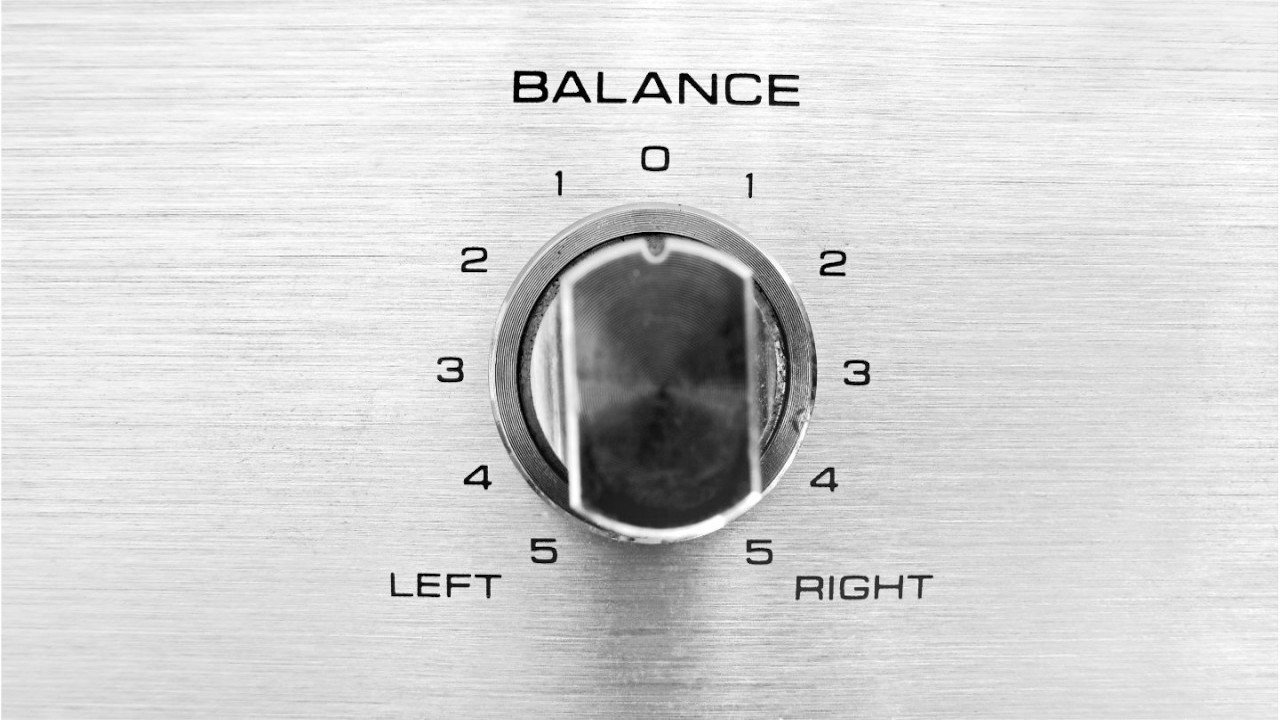Whether you like it or not, we have all been guilty of bias at some point in time. We have all behaved a certain way, made decisions or passed judgement that was influenced heavily by bias.
So how might bias be limiting our progression and what can we do about it? For us to answer this question, we must first understand what bias is.
What is bias?
Bias is disproportionate weight in favour of or against an idea, object, person or group. It comes in two distinct forms:
- Conscious bias: Also known as explicit bias. Actions and behaviours are deliberate and intentional as we are aware of our thoughts and feelings.
- Unconscious bias: Also known as implicit bias. Actions and behaviours are impulsive and unintentional as we are unaware of our thoughts and feelings.

Sigmund Freud likened the conscious and unconscious mind to an iceberg. What you see above the water is the conscious mind. What’s below the water is the unconscious mind.
Varieties of unconscious bias
Of the two distinct types of bias, unconscious bias is more common and comes in a variety of forms:
- Affinity bias: a preference for people similar to you.
- Confirmation bias: A tendency to associate positive qualities with an individual or group similar to you.
- The Halo effect: A positive impression that influences your opinion or feelings.
- Perception bias: A belief about an idea, object, person or group based on assumptions and stereotypes.
- Groupthink: A tendency to suppress one’s thoughts or opinions to fit in.
So how might bias be limiting our progression?
There are a variety of different ways that bias might be limiting your progression, but here are some of the most common:
- Self-Limiting beliefs are a form of self-bias that might prevent you from applying for that job, asking for that promotion or pay rise.
- Your perception of ideas, objects, a person or group might prevent you from trying new experiences.
- Your perception of a person or group might be unfair and might impact their ability to progress.
- Suppressing your thoughts or opinions might negatively impact how people perceive you.
- A preference for mixing with people similar to you might limit your perspective of the world.
- Hiring people similar to you will limit diversity and might reduce creativity and innovation.
- A positive impression on someone might blind you to the reality about that person.
So what can you do to minimise bias?
The good news is that organisations are now more aware of unconscious bias and have put in place policies and systems to reduce the impact of it. Here are some simple steps to help you reduce your own unconscious biases:
- Self-Assessment: The first step to identifying any unconscious biases is to understand yourself. What do you know about yourself, your personality and your working preferences? What do you like and dislike in others and why?
- Reflection on Action: Review some of your past behaviours and decisions to determine if they were influenced by bias. Assess whether your actions or behaviours were objective and whether the decisions were made based on what was known to be true. How do you feel about those past behaviours and decisions? If you look closely patterns might start to emerge!
- Reflection in Action: When faced with situations that might be influenced by bias, it’s important to take a step back and reflect on what is present. What do you know to be true at this point? How do you feel about the current situation? You must reflect objectively and question your assumptions.
- Seek Feedback: If you are not sure whether you are being influenced by unconscious bias, don’t be afraid to ask others for their opinion. Just make sure you ask a few different people to get some form of consensus.
- Build Your Immunity: Expose yourself to situations where bias might influence your behaviours and decisions. The more you get use to identifying when bias is having an impact, the more you will get use to managing it.
In conclusion
It is completely natural to be influenced by bias, but you have the ability to manage how that influence impacts you and those around you.


